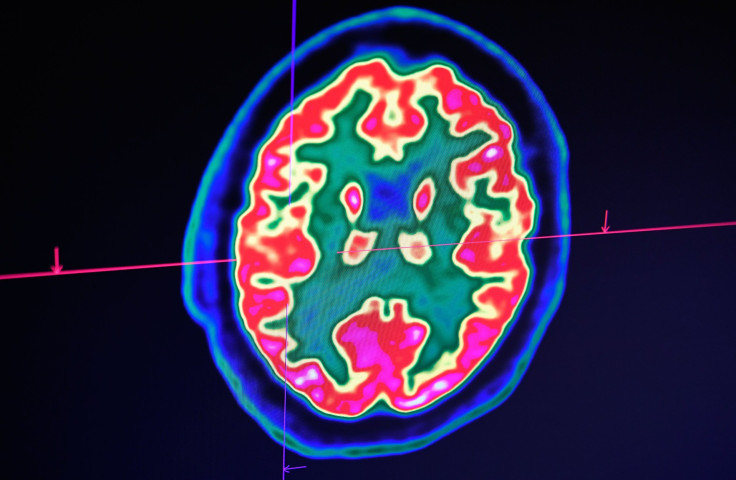Teen With Alzheimer's? Researchers Report Possible Youngest Case Of The Disease
KEY POINTS
- The teen began experiencing memory loss when he was 17
- His condition declined over the following two years
- Strangely, he does not have a family history of the disease
It looks like Alzheimer's disease may not be limited to the elderly. Researchers in China report the case of a 19-year-old with "probable Alzheimer's disease."
The researchers reported the case in the peer-reviewed Journal of Alzheimer's Disease. The teen from China first started experiencing problems with memory and concentration at 17, according to NextShark, and his memory gradually declined over the next two years.
A year into the problem, for instance, he began experiencing short-term memory loss like trouble remembering where he placed certain items and being unable to recall what had happened just the day before.
Testing revealed an atrophy or shrinkage of the bilateral hippocampus — an early marker of Alzheimer's disease — and researchers ruled out other possible causes of his condition, reported South China Morning Post (SCMP).
Although the testing of the teen's cerebrospinal fluid yielded relatively normal results, his memory impairment, together with the observed shrinkage in his brain, reportedly met the diagnostic criteria for "probable" Alzheimer's disease.
The young man could be the world's youngest patient with this particular degenerative disorder, the researchers said.
Indeed, Alzheimer's disease isn't exactly limited to the elderly. Albeit less common, early-onset Alzheimer's disease tends to occur in people younger than 65 years old, typically affecting people in their 30s or 40s.
There have also been patients younger than 30, and they tend to carry certain genetic mutations, the researchers said. This includes the previous youngest patient who was 21 years old.
Interestingly, however, the teen patient "had no known gene mutations," making him potentially the youngest "ever" to meet the Alzheimer's disease diagnostic criteria without having the mutations.
Furthermore, he reportedly didn't have a family history of Alzheimer's disease, making the case even rarer as family history is so far "the only known risk factor" for early-onset Alzheimer's disease, according to the Johns Hopkins University.
This sheds light on Alzheimer's as a condition that may not be limited to the elderly or even those in middle age.
"[The study] proposed to pay attention to the early-onset Alzheimer's disease," the researchers said, as per SCMP. "Exploring the mysteries of young people with Alzheimer's disease may become one of the most challenging scientific questions of the future."

© Copyright IBTimes 2025. All rights reserved.






















